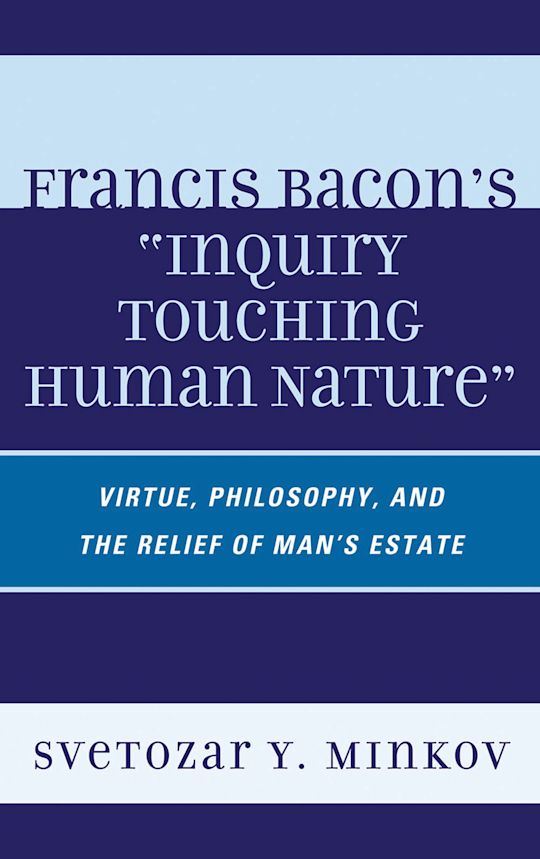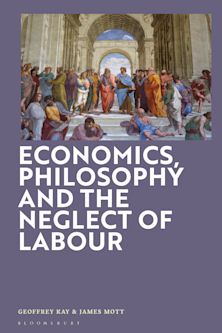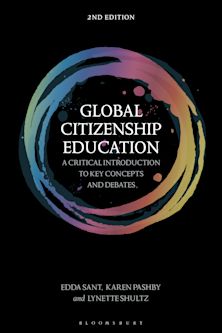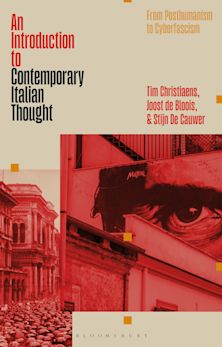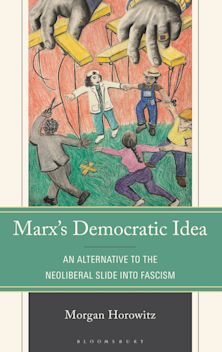- Home
- ACADEMIC
- Philosophy
- Social and Political Philosophy
- Francis Bacon's Inquiry Touching Human Nature
Francis Bacon's Inquiry Touching Human Nature
Virtue, Philosophy, and the Relief of Man's Estate
Francis Bacon's Inquiry Touching Human Nature
Virtue, Philosophy, and the Relief of Man's Estate
This product is usually dispatched within 1 week
- Delivery and returns info
-
Free CA delivery on orders $40 or over
You must sign in to add this item to your wishlist. Please sign in or create an account
Description
Francis Bacon's "Inquiry Touching Human Nature" is a study of Francis Bacon's moral philosophy in its relation to the enlightenment project he helped launch. Since Bacon is one of the founders of technological modernity, the book presents a meditation on the presuppositions and character of modern life. In its distinctiveness, modern life is characterized by a rejection as well as a reinterpretation of the classical and Christian approaches to life and conceptions of virtue. Svetozar Minkov follows closely Bacon's confrontation with the traditional views on courage, moderation, justice, wisdom, love, and ways of dealing with death and general adversity. Bacon had a comprehensive vision of the human situation. He can help us think through the relation between power and wisdom. And because he saw the costs or dangers of modern life as clearly as he predicted, and helped bring about, its advancements and boons, Bacon is a thinker who addresses directly and deeply our own perplexities.
Table of Contents
Chapter 2 Chapter 1-Bacon's Intention: The Motive for Bacon's Project; Bacon and the Philosophic Life: Arguments and Doubts
Chapter 3 Chapter 2-Bacon on the Human Good: Passions and Virtues; The Relation between the Common and the Private Good
Chapter 4 Chapter 3-Bacon on Courage and Wisdom: Why Turn to Early Bacon and Of Tribute; The Analysis of Fortitude; "Truth" and the Defense of Philosophy in the Advancement of Learning
Chapter 5 Chapter 4-Bacon on Justice and Death: The Analysis of Justice; Death, Hope, and Immortality
Chapter 6 Chapter 5-Bacon on Love: The Praise of Love in Of Tribute; The Status of Love in the New Atlantis; Dionysius, or Desire; The Morality of Love in the Essays; Cosmological Eros
Chapter 7 Chapter 6-Bacon's Wise Ancients and the Future of His Project: Sirens, or Pleasures; Orpheus, or Philosophy; The Sphinx, or Science; The Meaning of Bacon's Project; Conclusion
Chapter 8 Bibliography
Product details
| Published | May 10 2010 |
|---|---|
| Format | Hardback |
| Edition | 1st |
| Extent | 158 |
| ISBN | 9780739144817 |
| Imprint | Lexington Books |
| Dimensions | 240 x 163 mm |
| Publisher | Bloomsbury Publishing |
About the contributors
Reviews
-
In this bold, beautifully written, and very personal study, Professor Minkov looks beyond the Bacon we all know-the champion of a new science, the inductive method, and the bounties of technology-to reveal a moral thinker of the first rank, whose musings on love, justice, nobility, and death both inform and ultimately eclipse his scientific project.
Tim Spiekerman, Kenyon College, author of Shakespeare?s Political Realism
-
Professor Minkov gives us a string to lead us through the labyrinth of modern science and into the broader world of thought in which it is found. Students of science would well profit by understanding his thesis and would find their way out of the labyrinth, perhaps to return to it with that understanding in place.
Bernhardt L. Trout, Massachusetts Institute of Technology
-
Svetozar Minkov shows us that Sir Francis Bacon, long noted for his attack on ancient natural philosophy and proposal of a new experimental and technological science of nature, was just as importantly a moral philosopher striving to understand the human condition. Minkov's book is important: it illuminates Bacon's thought and helps us think about the project of modernity.
Jerry Weinberger
-
An indispensable clarifying of modern progress. Drawing on an astonishingly wide-ranging selection of texts, Minkov brings out the formidable reflections on wisdom, justice, love, and other moral concerns that underlie Bacon's technological-scientific project. A study itself philosophically illuminating.
Robert Faulkner, Boston College









